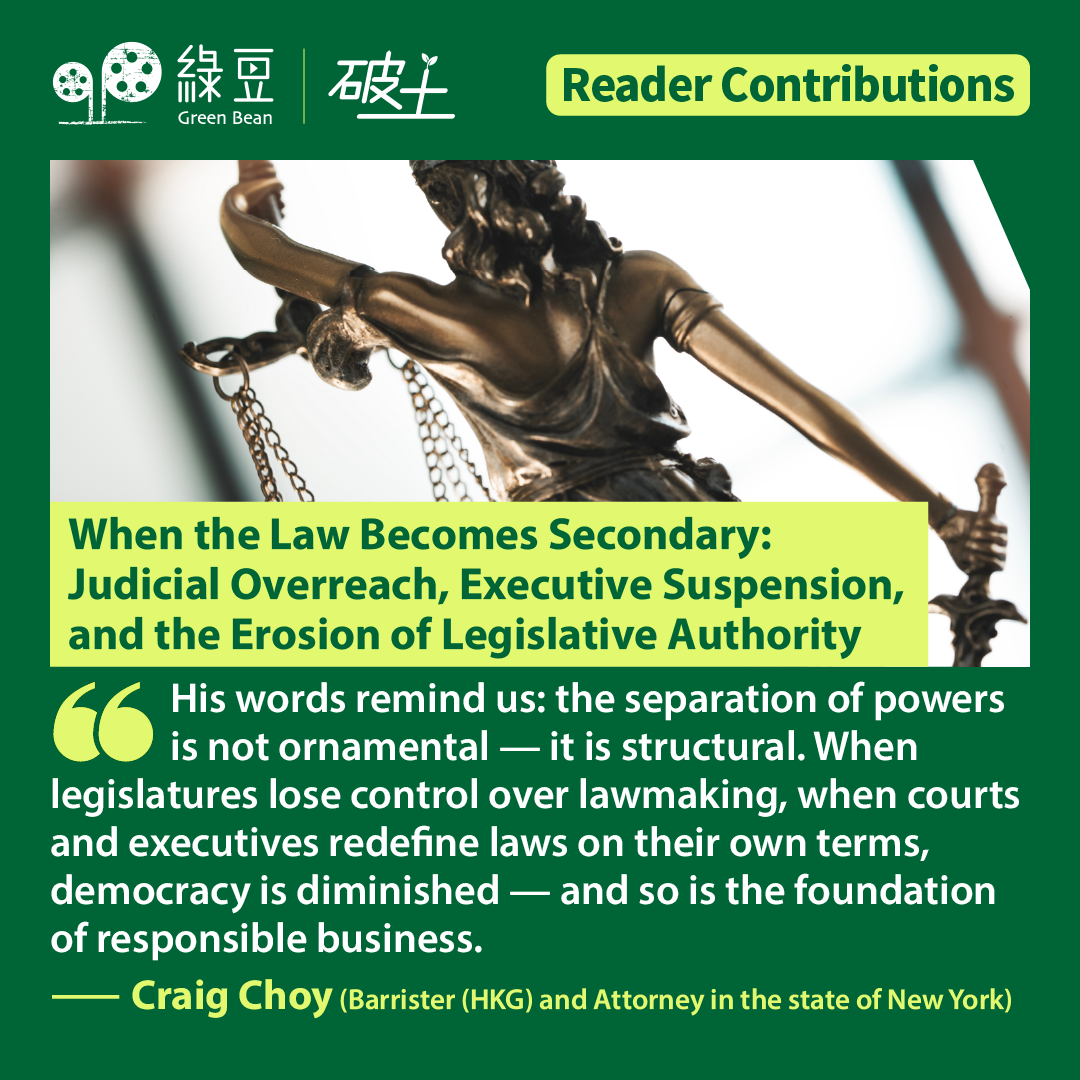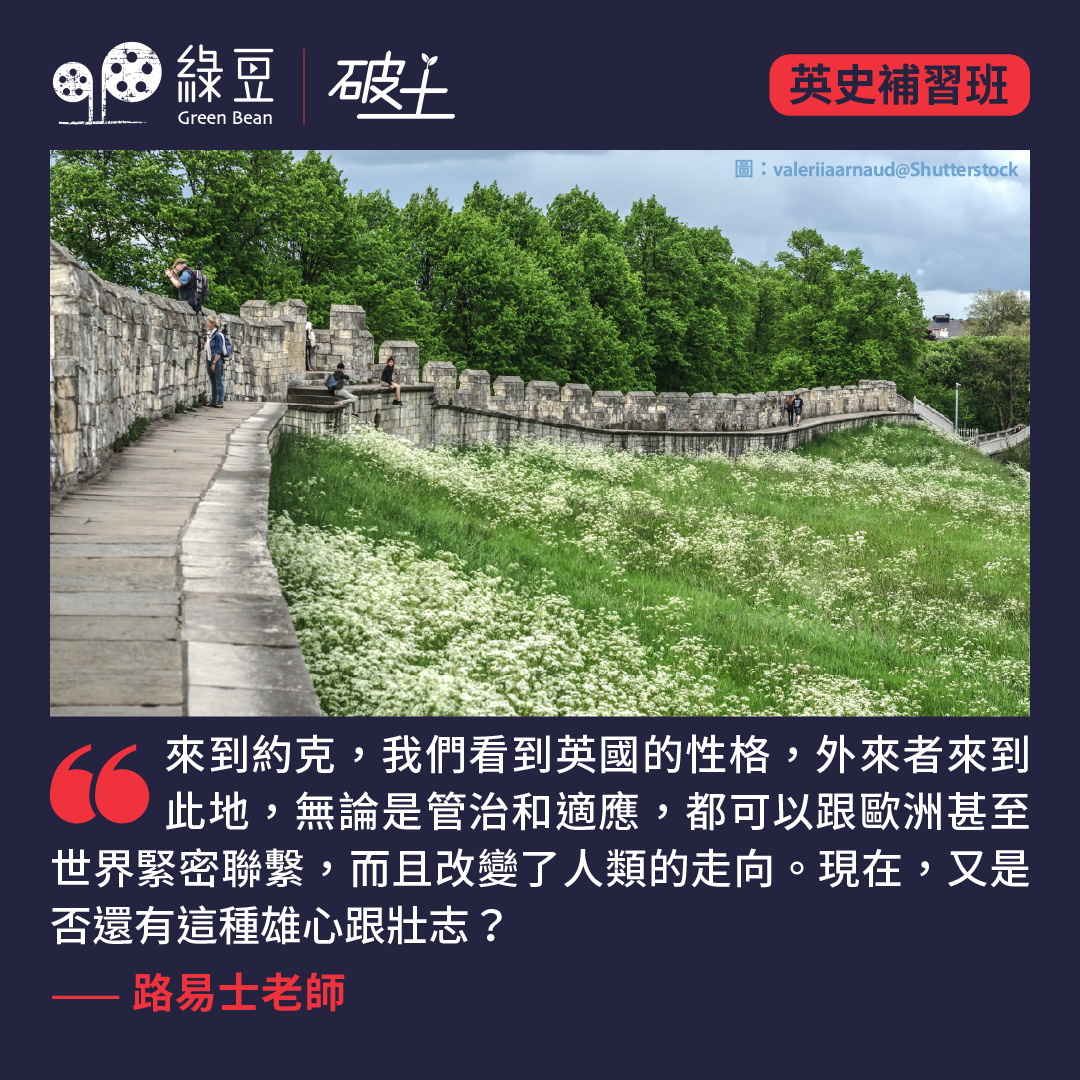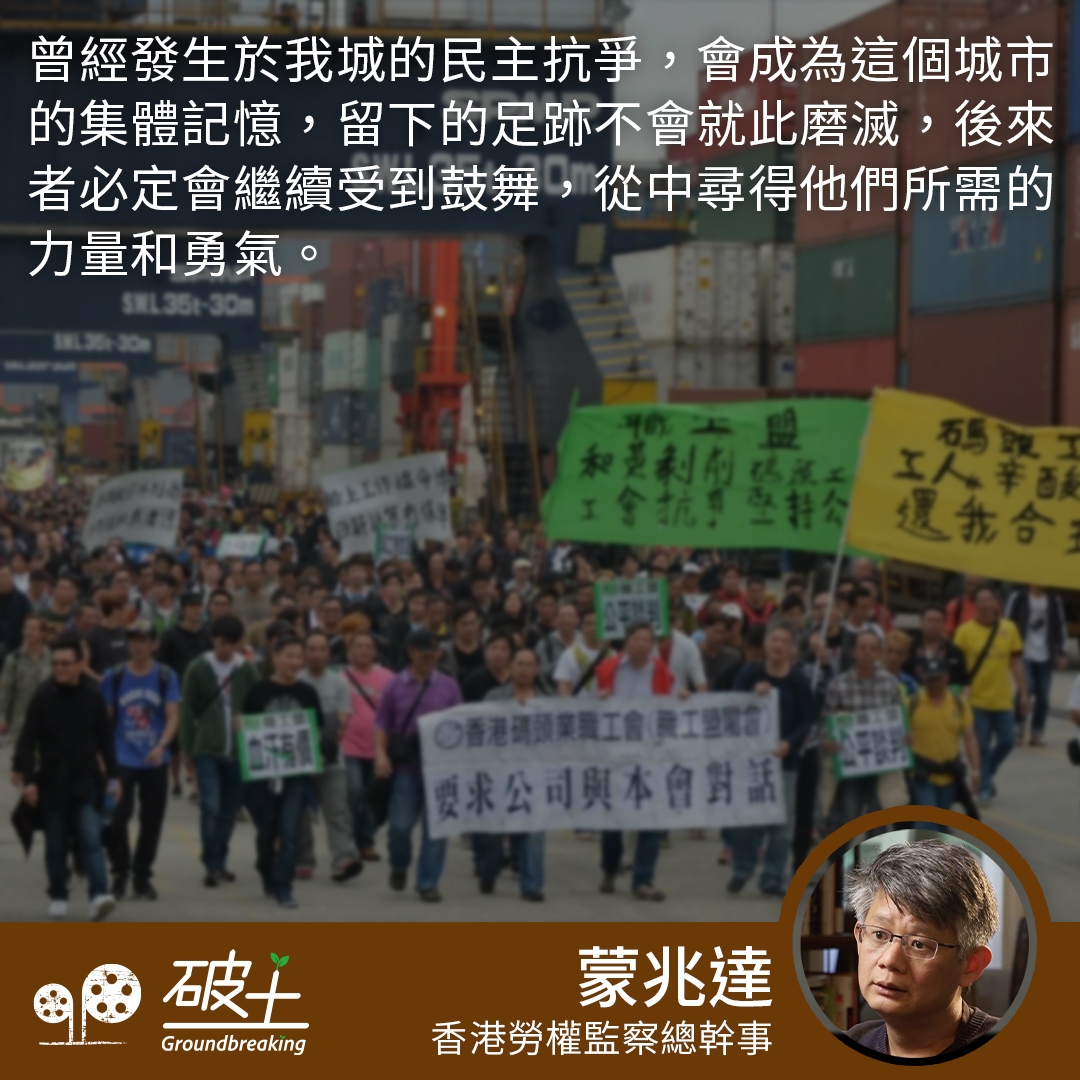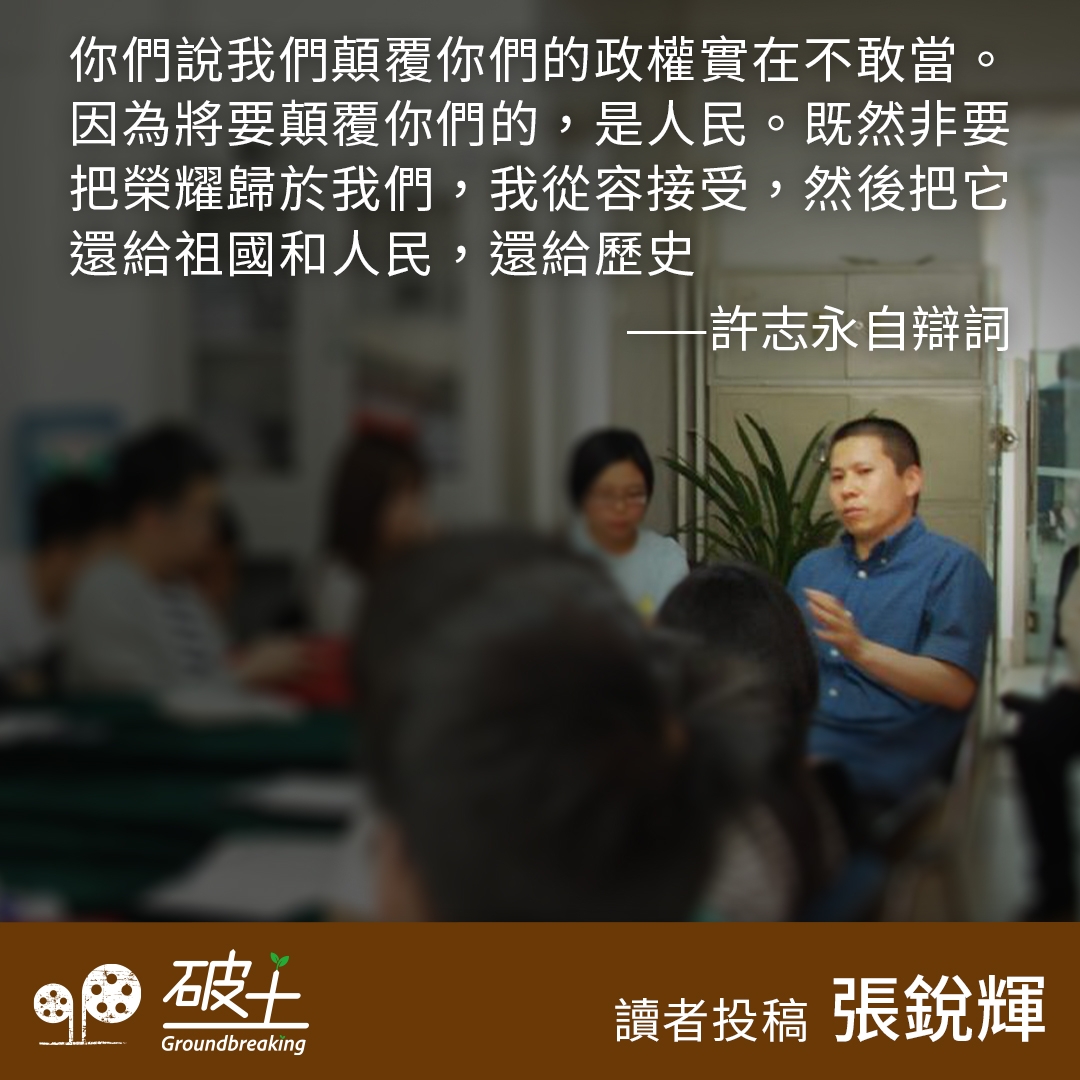When the Law Becomes Secondary:Judicial Overreach, Executive Suspension, and the Erosion of Legislative Authority | By Craig Choy (Barrister (HKG) and Attorney in the state of New York)

(Editor’s Note: In addition to having regular columnists, We welcome opinions from readers across the political spectrum—Left, Centrist, and Right.)
Two recent legal developments concerning the anti-corruption laws — one in Hong Kong, one in the United States — reflect a growing constitutional dilemma across legal systems: the sidelining of legislative authority through judicial overreach and executive discretion.
In HKSAR v. Lam Cheuk-ting, the Hong Kong Court of Final Appeal reinstated a conviction under Section 30(1) of the Prevention of Bribery Ordinance for disclosing the subject of an ICAC investigation. Notably, the offence in question — misconduct in public office — falls outside the scope of the statute’s enumerated crimes. Nonetheless, the court interpreted the provision expansively, relying on legislative purpose to justify extending criminal liability beyond the text.
Meanwhile, in the United States, an Executive Order suspended enforcement of the Foreign Corrupt Practices Act (FCPA) — the world’s most influential anti-bribery law. The rationale: to protect U.S. economic and national security interests in “strategic sectors.” Without Congressional input or statutory repeal, a foundational compliance regime has been effectively paused by presidential authority.
Beyond Borders: A Global Retreat on Anti-Corruption
This global uncertainty is further intensified by the contrasting trajectories of the world’s powers. In an authoritarian regime like China, anti-corruption enforcement has often served a dual function:promoting party’s discipline and eliminating political rivals. The expansion of certain criminal offences under the anti-courruption law via judiciary interpretation without legislative scrutiny raises concerns that anti-corruption law could or might become a political weapon rather than a principled based rule-of-law effort.
In contrast, the United States, once a champion of integrity in global business, is now seen loosening its anti-bribery regime for economic expediency through executive action. These opposing extremes — politicized over-enforcement on one end and permissive deregulation on the other — send a destabilizing and mixed message to the international business community: Is compliance no longer about universal standards, but about navigating unpredictable power structures? This results in a fragmentation of global anti-corruption compliance landscape, which inevitably will increase legal risk, cost, and complexity for global businesses.
The Boundary between Interpretation and Legislation
In Lam, the judiciary’s decision to broaden statutory scope through purposive interpretation — while doctrinally justifiable — drew a strong dissent from the dissenting judges. That gave a serious warning that the court’s reasoning not only strained the text but also disrupted the legislative balance of powers. The issue was not whether legislative intent matters (it does), but whether the court had gone beyond what the text, context, and legislative history could sustain.
Likewise, the FCPA’s suspension underscores an executive branch acting without legislative consultation — raising constitutional questions about whether the Executive can nullify an act of Congress through administrative orders.
Is the Legislature Still Functioning?
What unites these cases is a sobering question:Is the legislature still the central organ of lawmaking — or is it being reduced to be a rubber stamp by judicial and executive assertion?
If courts stretch statutes beyond recognition, and the executive branch unilaterally silence laws, we risk transforming law from a product of democratic deliberation into an instrument of convenience.
In the corporate arena, this means greater legal ambiguity, uncertain enforcement risk, and the erosion of the rule-of-law conditions that make ethical business possible. Trust in governance declines when the boundaries of legislative authority are blurred — or ignored.
A Timeless Lesson: The Montesquieu Warning
In The Spirit of Laws (1748), Montesquieu offered a warning as relevant today as it was nearly three centuries ago:
“When the legislative and executive powers are united in the same person… there can be no liberty… Again, there is no liberty, if the judiciary power be not separated from the legislative and executive. Were it joined with the legislative, the life and liberty of the subject would be exposed to arbitrary control… There would be an end of everything…”
His words remind us: the separation of powers is not ornamental — it is structural. When legislatures lose control over lawmaking, when courts and executives redefine laws on their own terms, democracy is diminished — and so is the foundation of responsible business.
Conclusion: A Call for Rebalancing
The global anti-corruption framework has always required leadership, transparency, and trust in institutions. The current trend — of interpreting, suspending, or sidelining laws outside of legislative processes — puts that framework at risk.
Now more than ever, lawyers, compliance officers, and legal leaders must stand for institutional integrity. That means not only complying with the law, but defending the constitutional processes that give law its legitimacy.





